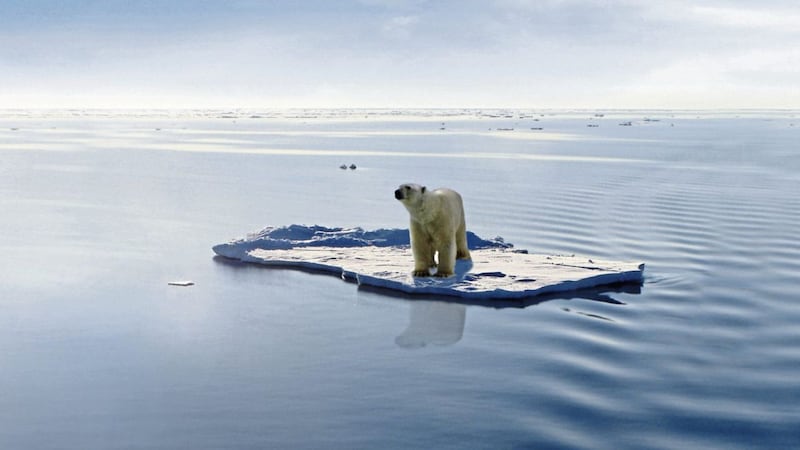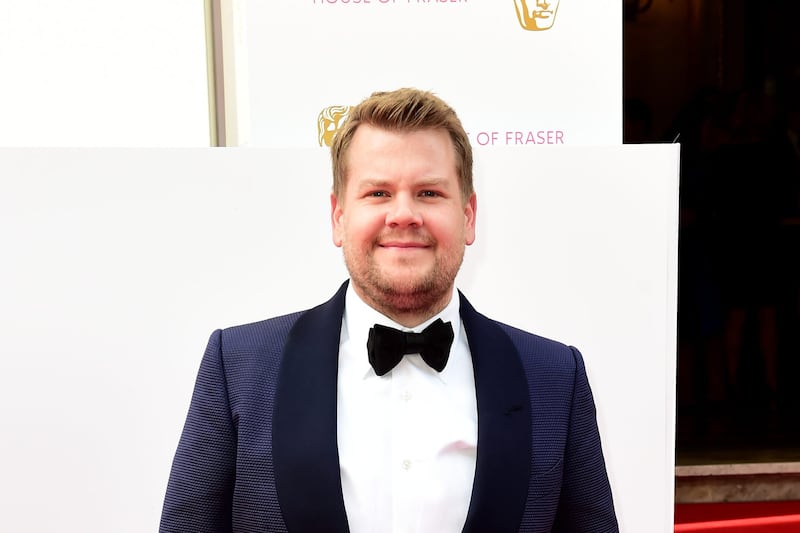WHEN the world reaches the point where coronavirus is not the only story dominating the headlines, a number of other big global issues will re-enter the news agenda, with climate change likely to be high on the agenda.
The growing climate crisis has gained prominence in recent years thanks to activists like Greta Thunberg and Sir David Attenborough. But as the UK gears up to host the UN Climate Change Conference (COP26) in November, the conversation around climate change is likely to intensify.
It isn’t a conversation that businesses here can ignore. Where once sustainability was viewed as a “nice to have” part of a company’s strategy, it now needs to be a core consideration in all sectors of the economy.
Climate is not only important to governments at a national and local level, it is important to regulators, to shareholders and investors, to suppliers who want to work with sustainable companies, and most significant of all, to customers who are far more selective about where they spend their money.
For smaller companies, it might be tempting to think you can wait for larger corporations to lead the way, but with governments around the world asking very direct questions to big businesses about their carbon footprint, sustainable practices and ethical sourcing, smaller firms in their supply chains will soon have to demonstrate their own credentials very clearly.
Northern Ireland is an SME economy and many of our businesses are involved in supply chains providing goods and services to people in UK, Europe and beyond, so if you’re not already being asked to prove you are operating sustainably, you will be soon.
That might seem overwhelming, but the good news is that most of us are in the early stages of our climate journey and there are some simple first steps every business can take. Think of this as a pathway to where you want to get to.
The first step is to really understand what your impacts are before making a plan to address them. Carbon literacy training is a good place to start and will help you grasp an understanding of your carbon footprint.
There are organisations in Northern Ireland who deliver this training including Business in the Community NI and in fact Danske Bank is helping a number of our customers go through this training at the moment in our first Danske Bank Climate Action Programme.
Once you know your impacts you can start to develop a climate strategy that delivers value to your business, your customers and your other stakeholders, such as suppliers. In creating this sort of strategy it is good to set science-based climate targets.
Announcing these commitments and disclosing progress provides a structure for climate strategy, even if it looks like it will be difficult to reach those targets.
You can keep circling back around the pathway as your understanding matures, your actions start to impact and your strategy starts to develop. In other words, think big, start small, revisit, review and expand.
I believe businesses that develop green and sustainable strategies now to reduce their environmental impact will benefit on the bottom line. For example, as fossil fuels are phased out and carbon taxes increase over time, business owners will need to think differently about how they power their offices, their factories and their manufacturing facilities.
Companies who are on the front foot and planning for it will minimise the impact on their profitability in the long term, whereas those who wait too long will potentially have to spend more money in a shorter timeframe to make changes.
While the Covid-19 crisis has made it hard to think ahead in this way, the pandemic has also shown that it is possible to completely change the way we live and work. Those businesses who don’t just see climate action as a risk but as a growth opportunity are the businesses who will reap the rewards in the long term. My advice is not to wait any longer, take action now.
:: Chris Martin is head of climate risk and strategy at Danske Bank








